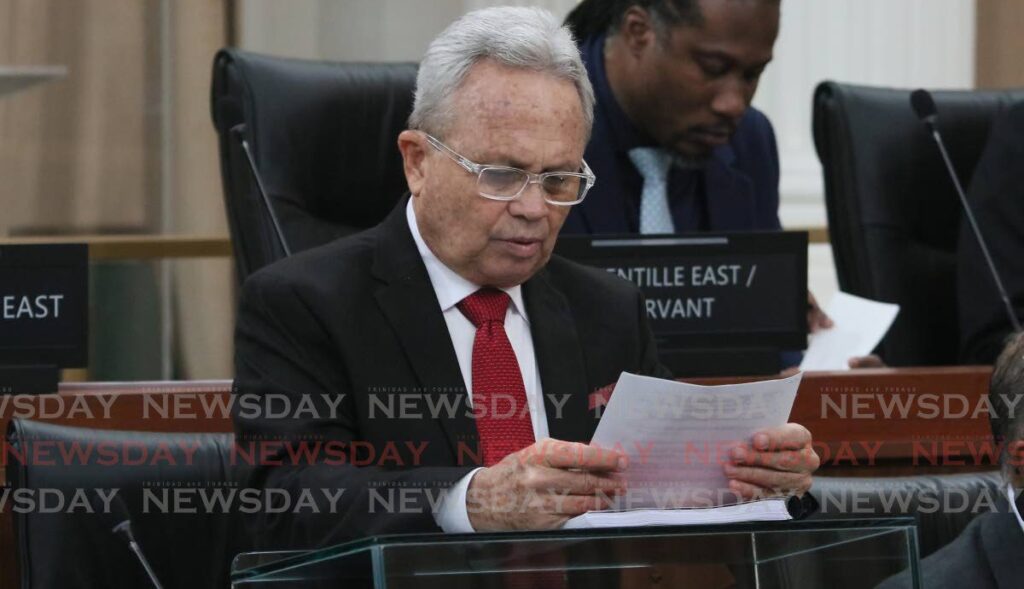Doing the bare minimum

ON PAPER, the Government’s move to increase the minimum wage is far-reaching. It will affect approximately 200,000 workers. That’s 30 per cent of the total labour force.
The measure is expected to cost the State, which evidently still employs some of its workers at the lowest possible rate, about $50 million.
But the increase is more likely to be seen rather than felt.
Moving the rate from $17.50 an hour to $20.50 an hour represents a 17 per cent hike.
In announcing the measure this month, Finance Minister Colm Imbert said workers on a 12-hour shift for a six-day week, like some security guards, could take home an additional $900 per month.
However, the last time the minimum wage was increased was four years ago. In that space of time, inflation has hovered somewhere around four per cent on average. If we assume consumer prices have gone up by such a rate over the last four years, that means a 17 per cent increase today just about covers the increase in prices over the years.
The example cited by the minister, of security guards, also raises other questions. Why are such workers, who face many perils in this age of rampant criminality, still being paid the bare minimum? And how are workers' shifts in the security industry being regulated, if at all?
With the Government itself employing workers at the minimum wage, what is the State’s own policy with regard to its employment practices?
Are we to understand the additional $50 million expenditure to relate to make-work programme participants? Or does it relate to workers throughout state agencies and departments who, for some reason or another, are given the bare minimum? At a time of anxiety over the cost of living, surely the Government would do well to take such workers off the minimum wage as a basic form of relief?
If the purpose of this fiscal measure is to address the realities facing consumers, then it still leaves a lot to be desired. People on the current minimum wage (the new rate takes effect after Christmas, in contrast to what will pertain to higher-earning public servants, who are to get back pay before then) are barely making ends meet.
“Living on minimum wage is tough,” noted Bahati Garnes, a store clerk from Laventille Road, last month. “You live from paycheque to paycheque.”
In theory, the Government has sought to reduce prices by reducing VAT. But we know how that story goes – rate reductions never seem to take effect at the till.
Other forms of relief have also been introduced in the past, such as reducing the income-tax threshold and one-off grants.
Mr Imbert may have wished not to rock the boat too much in bringing this measure, given the risk of inflation. But if the goal of fiscal policy is to help alleviate inequalities in our society – inequalities that feed into many other problems, like crime – then the current Government or a future one will have to return to the minimum wage in the not-too-distant future.


Comments
"Doing the bare minimum"